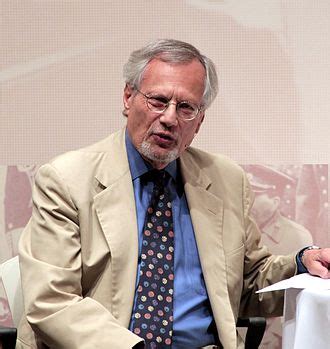A Quote by Dana Bash
A crucial question is how to balance surveillance with privacy and keeping Americans safe.
Related Quotes
The government must give proper weight to both keeping America safe from terrorists and protecting Americans' privacy. But when Americans lack the most basic information about our domestic surveillance programs, they have no way of knowing whether we're getting that balance right. This lack of transparency is a big problem.
I don't think he would have had any trouble answering Justice Sonia Sotomayor's excellent challenge in a case involving GPS surveillance. She said we need an alternative to this whole way of thinking about the privacy now which says that when you give data to a third party, you have no expectations of privacy. And [Louis] Brandeis would have said nonsense, of course you have expectations of privacy because it's intellectual privacy that has to be protected. That's my attempt to channel him on some of those privacy questions.
We do have to balance this issue of privacy and security. Those who pretend that there's no balance that has to be struck and think we can take a 100-percent absolutist approach to protecting privacy don't recognize that governments are going to be under an enormous burden to prevent the kinds of terrorist acts that not only harm individuals, but also can distort our society and our politics in very dangerous ways.
Before Sept. 11, the idea that Americans would voluntarily agree to live their lives under the gaze of a network of biometric surveillance cameras, peering at them in government buildings, shopping malls, subways and stadiums, would have seemed unthinkable, a dystopian fantasy of a society that had surrendered privacy and anonymity.






























